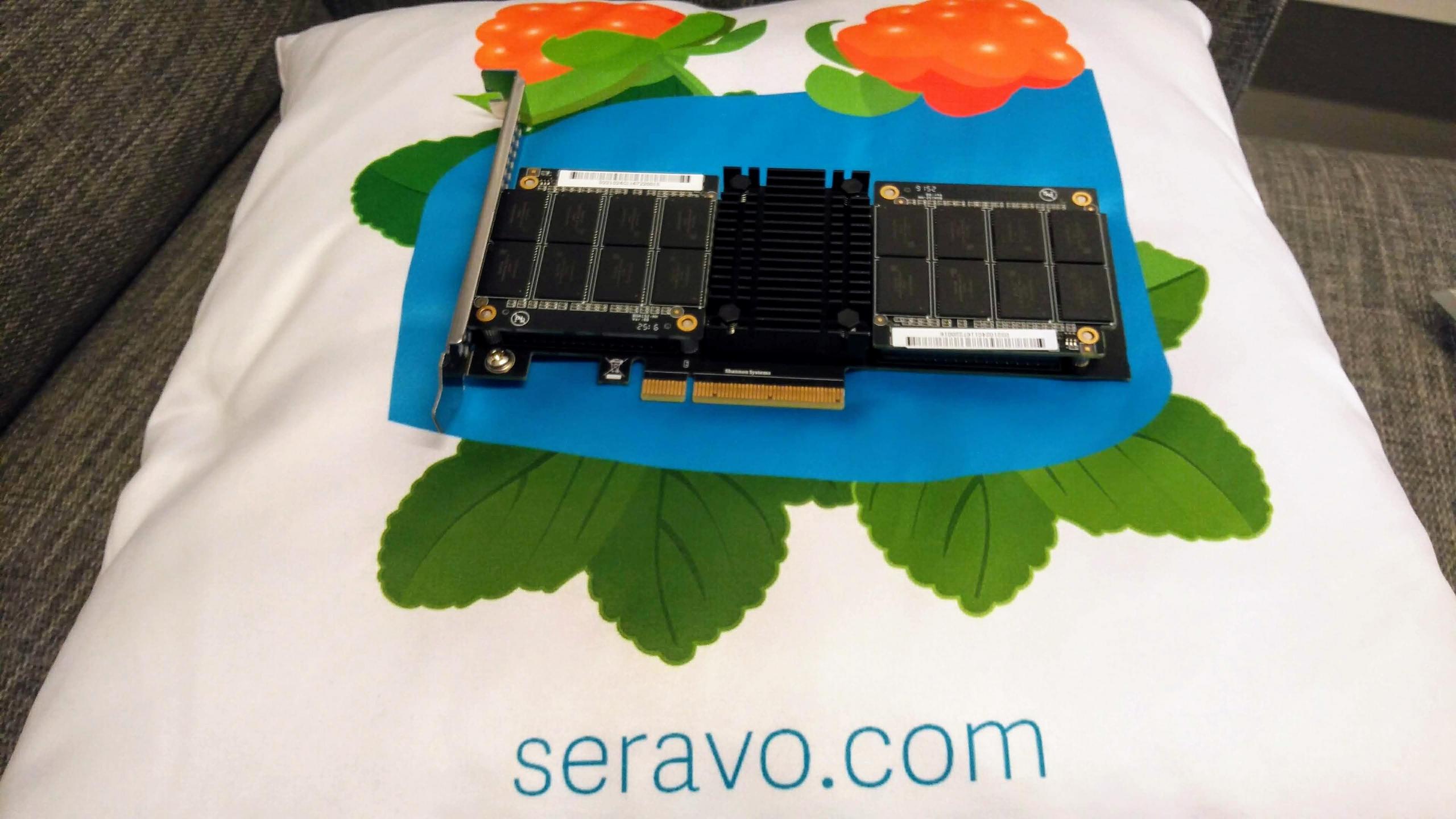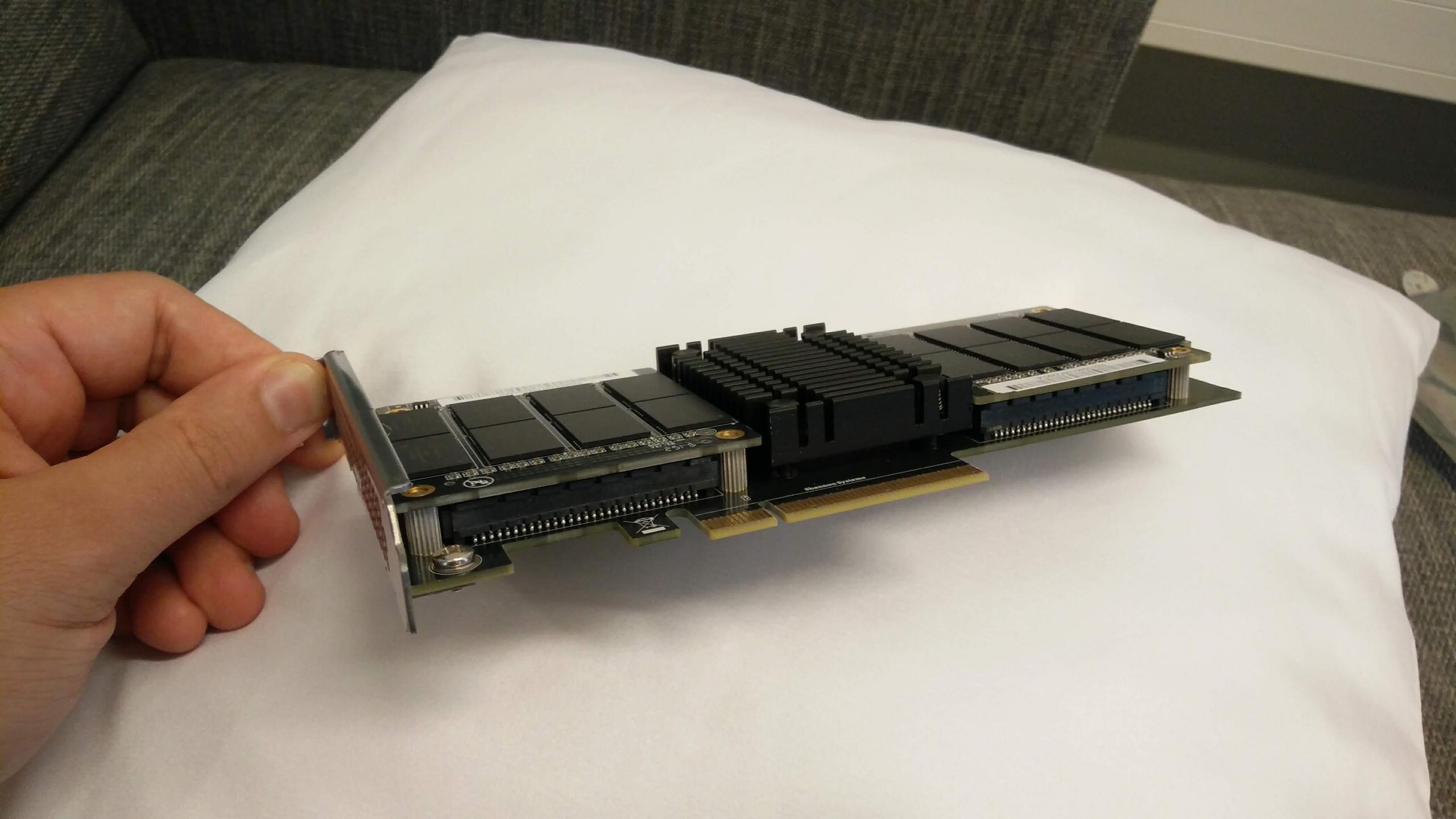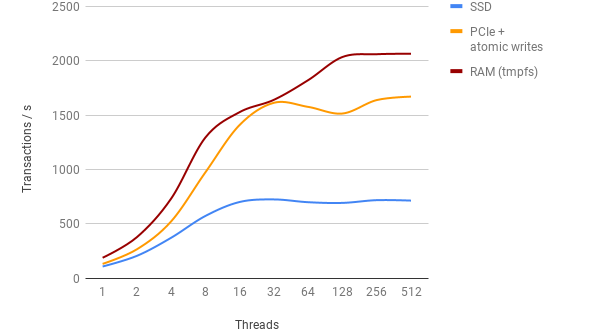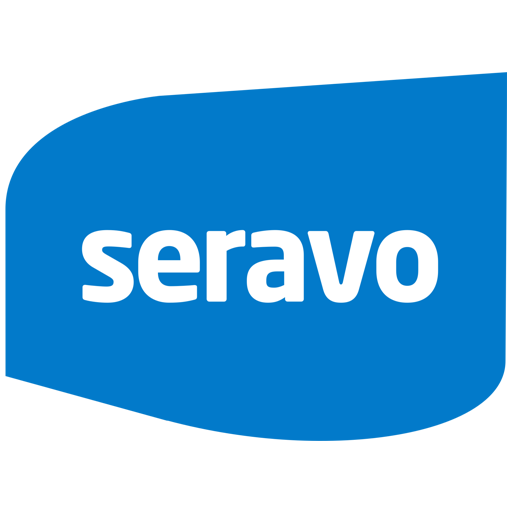Most people working with computers have first-hand experience of working with solid-state drives that are dramatically faster than the traditional hard drives, as they contain no moving parts. During the recent years a new advancement has been taking hold in the field, a combination of PCIe expansion bus and NVMe device interface that really makes your SSD (which you might want to call with a moniker PCIe-SSD) sing.
A drive connected through the PCIe bus is almost as fast as having your entire database in RAM.

The bottleneck responsible for most WordPress performance issues is the database. This true especially on WooCommerce sites, where the database has the tendency to grow huge when orders start piling in, which can potentially make the entire site sluggish. The low latency of PCIe-NVMe disks makes them ideal for database operations. We have had them serving databases in our production environment since 2018.

One of the first PCIe-SSDs that we used is made by a company called Shannon Systems. That drive is specifically designed to work fast with MariaDB. Our tests proved that a drive connected through the PCIe bus is almost as fast as having your entire database in RAM. Traditionally hard drives have always been vastly slower than RAM but that playing field has now been leveled.

At Seravo we work hard to make WordPress both fast and secure and we’ve had international recognition for those efforts. Being early adopters for technologies like PCIe-NVMe is a part of that work, but there are many other things that we do performance-wise to make sure that we provide the optimal environment for a WordPress site.

